The challenges of sleeping while fasting!
- Get link
- X
- Other Apps
ARE YOU GETTING ENOUGH ZZZZ TIME IN RAMADAN?
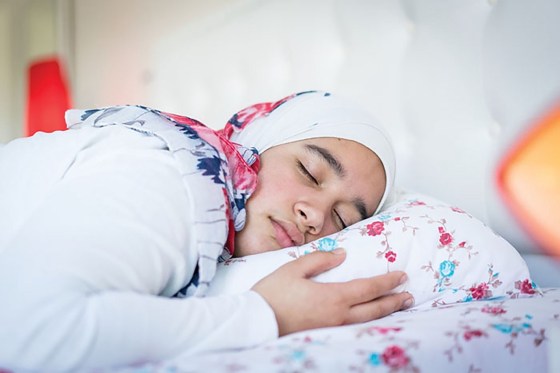
One of the biggest challenges during Ramadan is maintaining healthy sleeping patterns, given the challenging fasting hours.
Did you know that according to a recent study, about 45% of the residents in the UAE have sleep disorders symptoms?
An improper Ramadan sleep schedule could easily affect your energy levels and focus, so it’s important to maintain a proper daily fasting schedule that ensures you get the right amount of rest.
Fasting & sleep disorders
During Ramadan, the main demand is abstaining from food and drink – from dawn to dusk. Many of those who practise it, experience changes in their sleep patterns during this time causing various sleep disorders.
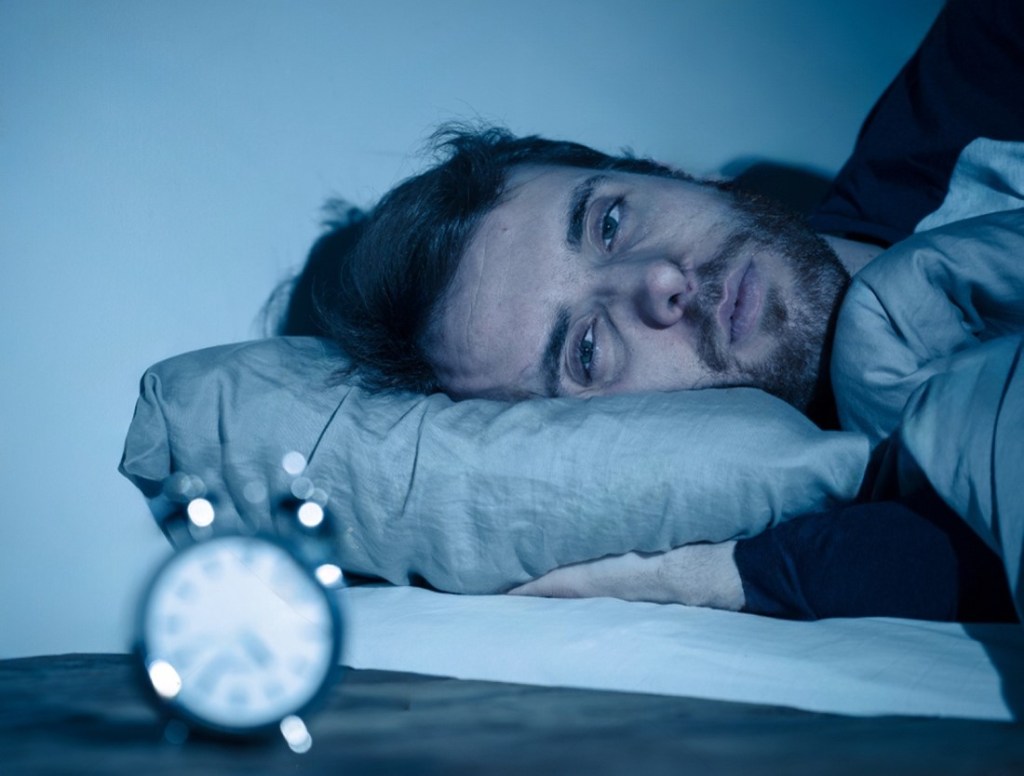
Sleep Disturbances:
This is the stuff of bad dreams: Some believe that sleep disturbances, such as being unable to fall asleep or stay asleep, are among the most common side effects related to intermittent fasting.
In a 2019 study, involving 1,422 people who stuck to a daily fasting schedule for anywhere between 4 and 21 days, it was found that 15% of participants reported sleep disturbances related to fasting, which were among the most frequent side effects in achieving a healthy sleep cycle.
If you practice intermittent fasting, it’s natural for your body to produce large amounts of salt and water through urine, resulting in tiredness caused by dehydration and low levels of salt. These in turn give rise to long spells of fatigue.
Interestingly, research suggests that intermittent fasting does not have any effect on sleep, such as one which looked at 31 people with obesity. These people participated in an experimental alternate-day-fasting regimen with a low carb diet for 6 months, which did not have any effects on the quality of sleep or its duration.

Here are 4 harmful side-effects of poor sleep that are also a result of improper planning of your dietary and lifestyle habits, preventing you from achieving an ideal sleep pattern:
- Delayed Sleep Phase Syndrome (DSPS):
- Sleep Fragmentation:
- Insomnia:
Fasting during Ramadan has been known to cause insomnia sleep disorder or lack of sleep which in turn produces increased disorientation and fogginess.
The reasons for these can be traced to extreme hunger and thirst felt through the day that produces an adverse effect: a state of complete hyperactivity, that makes it difficult for you to calm down or simply relax to catch your 40 winks!

- Daytime Sleepiness:
The after-effects of a poor night’s sleep can cost you your lifestyle patterns during the day as it can cause ‘hypersomnia’ or daytime sleepiness.
Whether it’s your work performance or your social life at home or with friends, it can result in mood swings, mental alertness and disorientation, and fogginess due to the altered sleep patterns and potential sleep disorders.
That’s why you need to speak to our doctors at HealthHub Clinics who can schedule the right ‘lifestyle plan’ for you.
How to get better sleep during Ramadan:
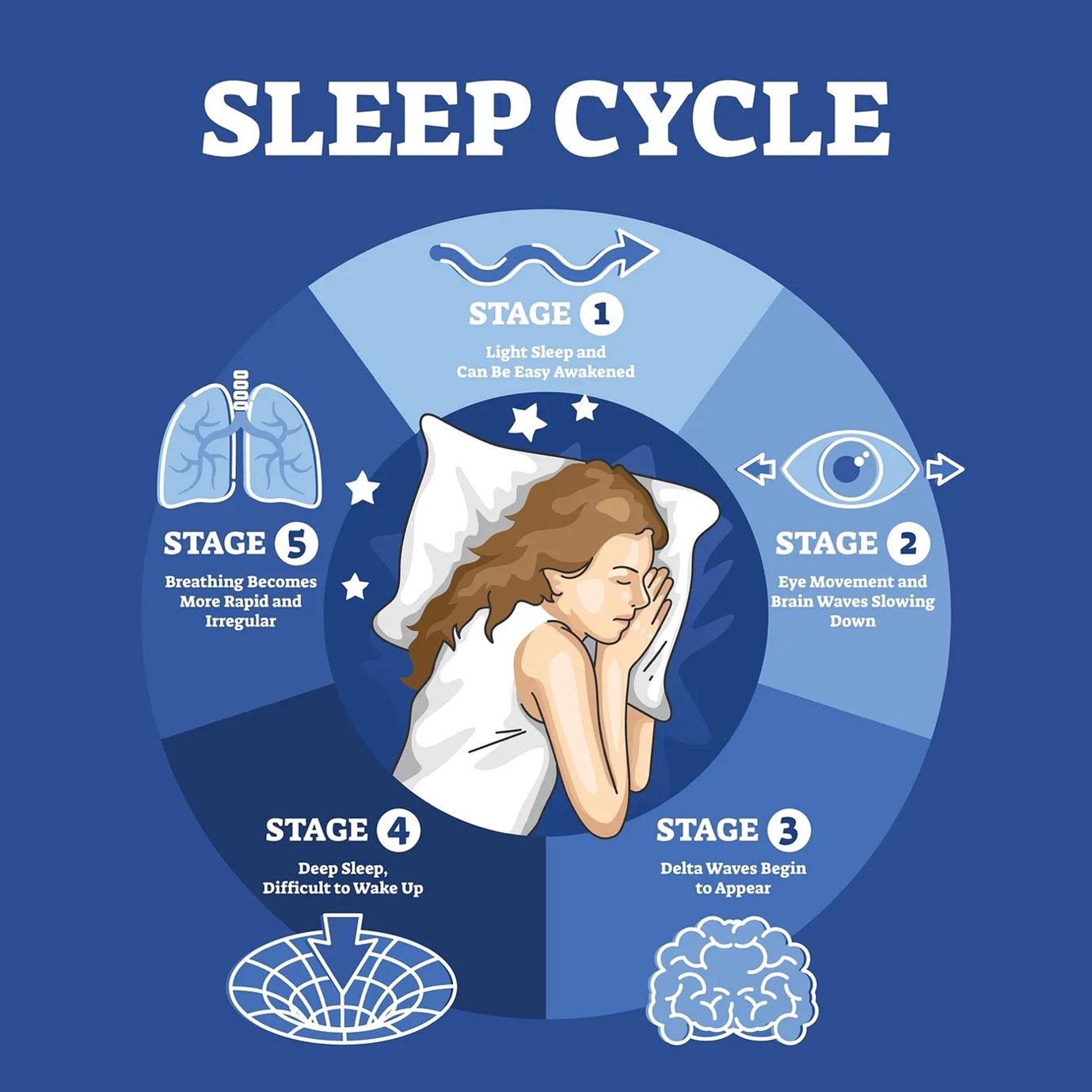
KEEP A CONSTANT SLEEP SCHEDULE!
AVOID THAT SUGARY FAT!

SKIP THE CAFFEINE!
As much as you can, try and avoid over-consuming stimulating substances, such as caffeine and nicotine, close to bedtime. You might find it hard to keep your eyes open during social conversations, as it’s only natural for you to reach for a cup of coffee, so just make sure it’s kept to a minimum. There’s also the fact about coffee’s debatable link to diabetes. Ignoring this can interfere with your sleeping patterns and disrupt your sleep cycle. Our alternative: go in for caffeine-free green herbal teas or warm milk instead.
AVOID SLEEPING QUICKLY AFTER MEALS!
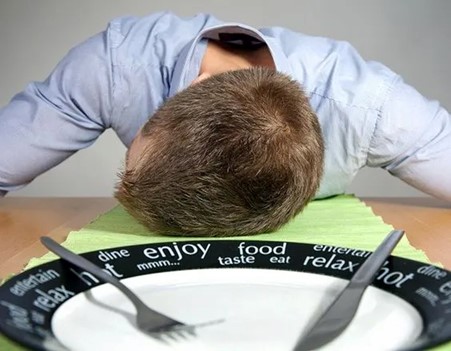
You’ve got to remind yourself constantly that your body is busy digesting food when it should be resting and repairing, and this can result in disturbed sleep. The process of digesting food also increases our body temperature; that’s why it’s so important to give You’ve got to remind yourself constantly that your body is busy at least a 2-hour gap after your meal and before you sleep.
This can help in digesting your food and if you can combine it with a walk, all the more better as it can aid digestion, improve circulation, help you burn off some fat and help maintain your body’s natural equilibrium!
TAKE THAT NAP!
We would recommend sleeping for at least four hours after Iftar before waking for Suhoor and a quick nap for two hours before getting ready for the day ahead. A 20-minute nap in the afternoon is the best vitamin for sleep which can do wonders to revive your flagging energy and focus levels.
At the same time, remember to set an alarm as oversleeping can make you feel sleepier than before a nap.
CREATE THAT SLEEP-FRIENDLY SPACE!
Choose a dark and quiet environment, as it is imperative to stay asleep. Decreased exposure to blue light or artificial light close to bedtime will maintain the body’s normal circadian rhythm. Engaging in a relaxing bedtime routine before sleep can help signal your body that it’s time to relax.
Activities such as taking a warm bath, reading a book, or practicing deep breathing exercises can promote a sense of relaxation and improve sleep quality.
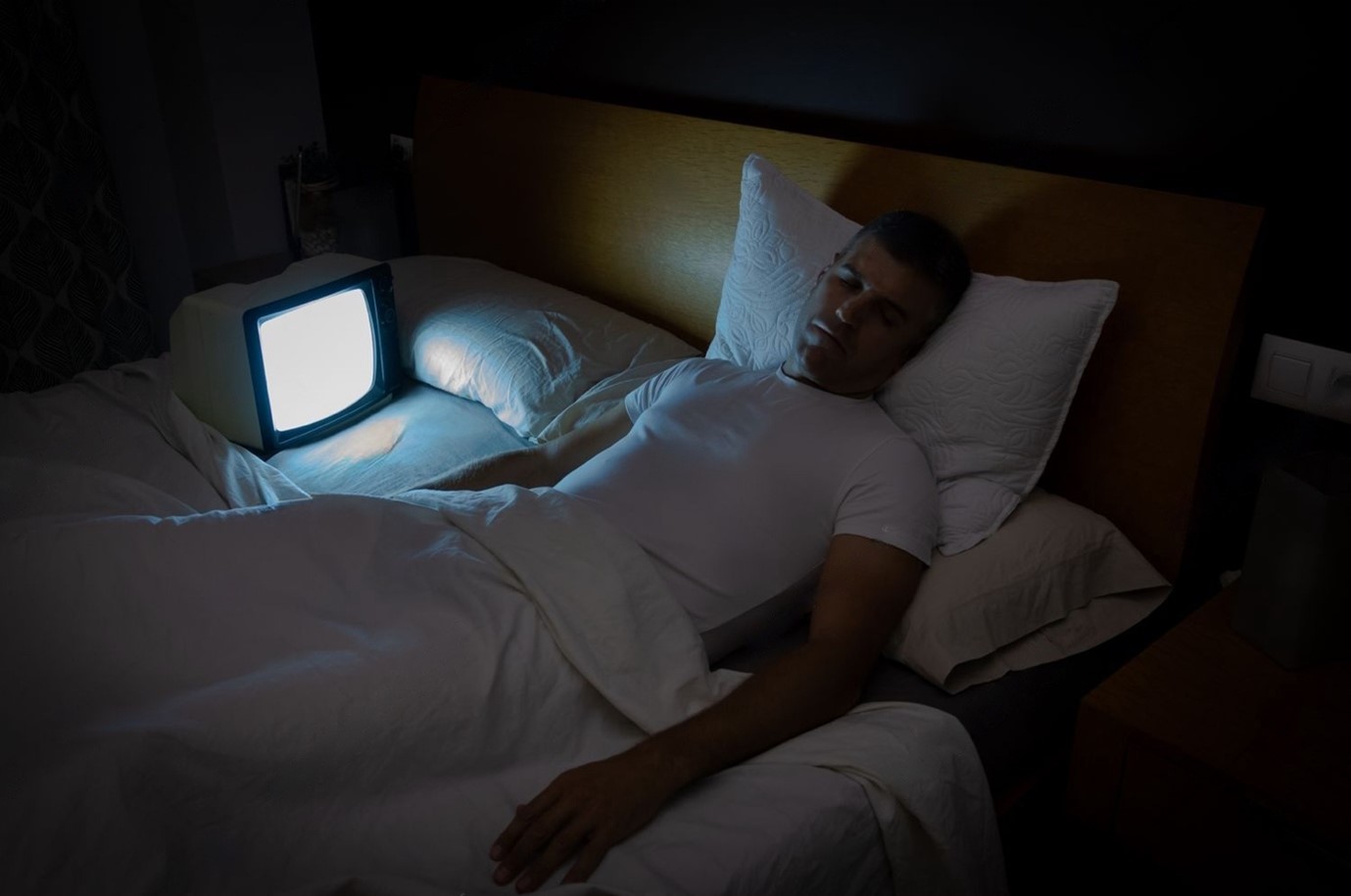
SWITCH OFF COMPLETELY!
Take that ‘mobile/desktop/laptop screen’ out of your bedroom and let your brain signals put you to sleep at peace without any interference. Radiation can affect your eyes and sleep patterns, as our eye specialists at HealthHub Clinics will testify!
What also matters is the way you sleep. That’s why choosing the right mattress or pillows that support your spine or overall body weight, can ensure you get quality sleep, even if that means reduced hours. It can also involve looking into matters of detail from the quality of the fabric to high-end foam that provides comfort.
To know more about how all this can help and the right steps forward for an ‘ergonomically-friendly slumber’, you can talk to our team of expert orthopaedicians at HealthHub Clinics today!
STAY HYDRATED!
Although fasting during Ramadan restricts food and drink intake during the day, it is crucial to ensure you stay well-hydrated and nourished during the required hours. Dehydration and poor nutrition can aggravate sleep disorders, so make sure you are consuming enough water and eat a balanced diet during the evening and early morning hours. Get to know more about this in our blog on dehydration.
You can also read more about ‘fasting the healthy way’ that gives you handy healthy reminders as you prepare for Ramadan.
Book an appointment right away with any of our pulmonologists at HealthHub Clinics, call 800 2344.

- Get link
- X
- Other Apps

Comments
Post a Comment